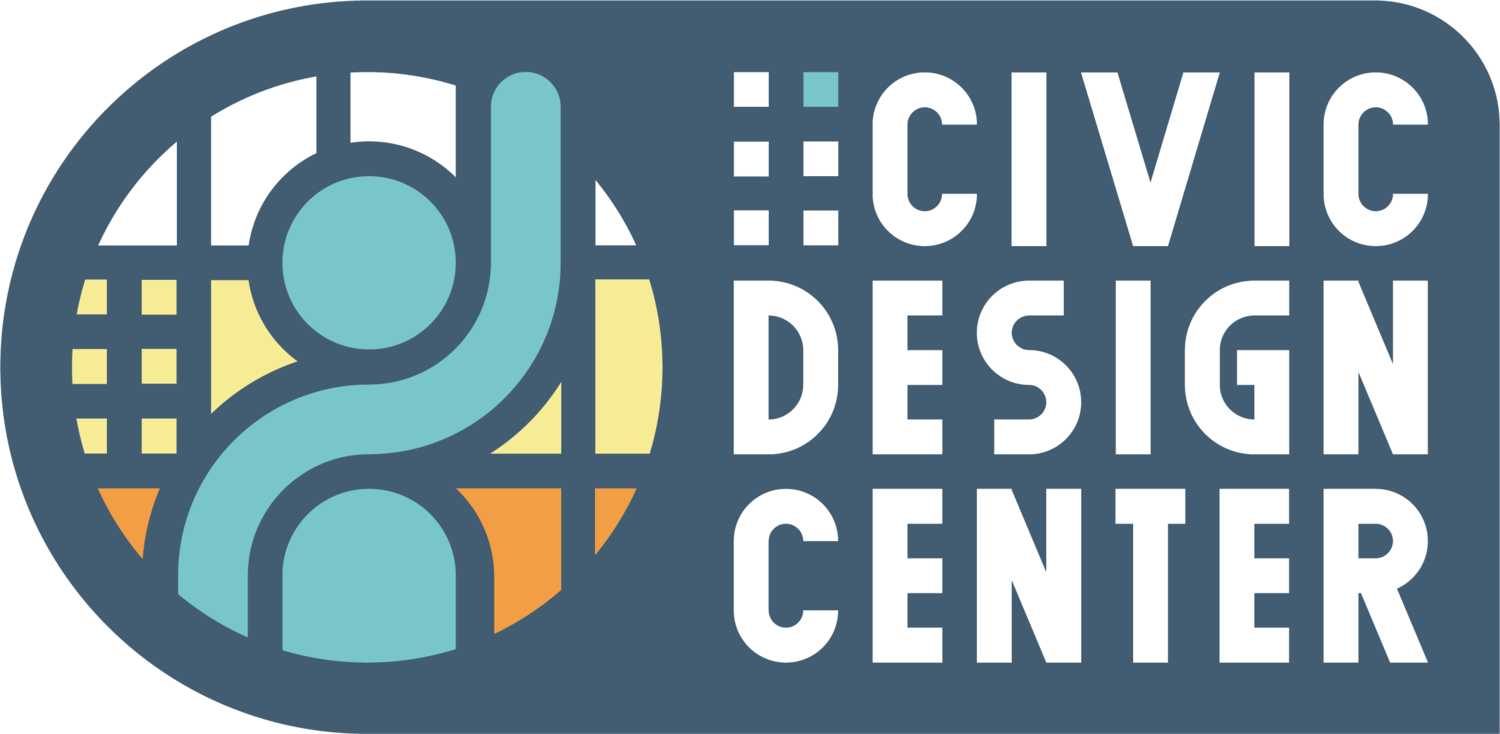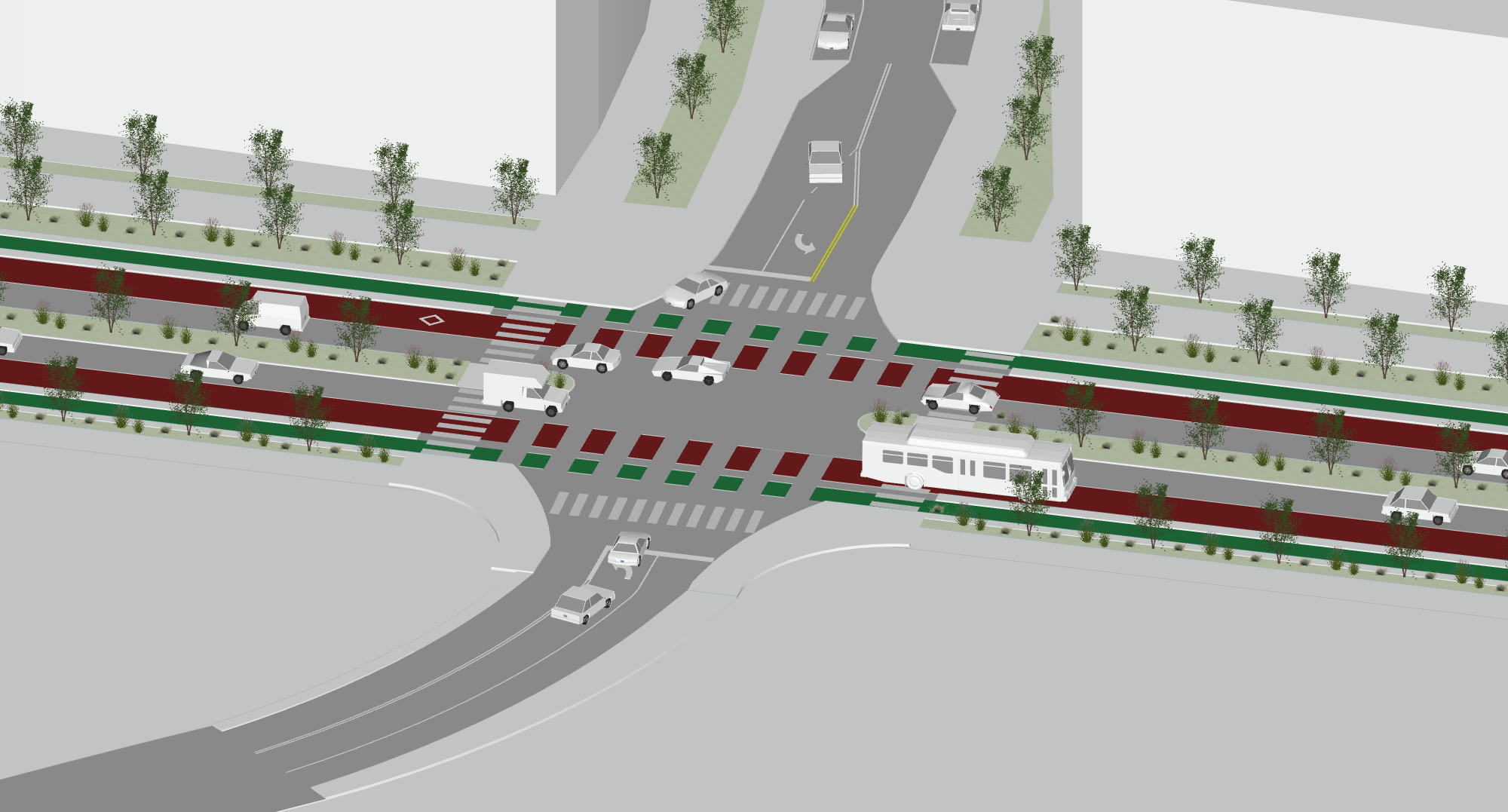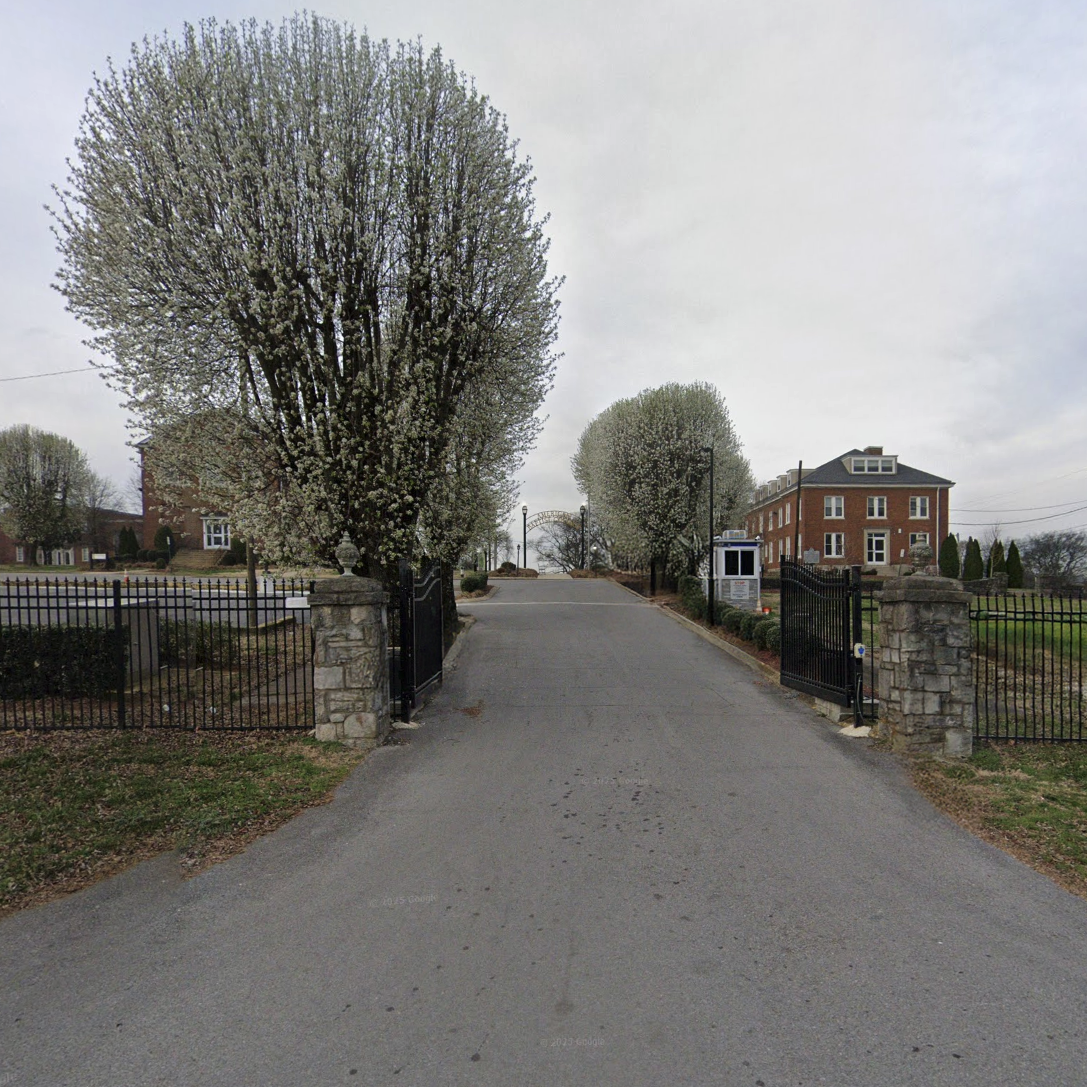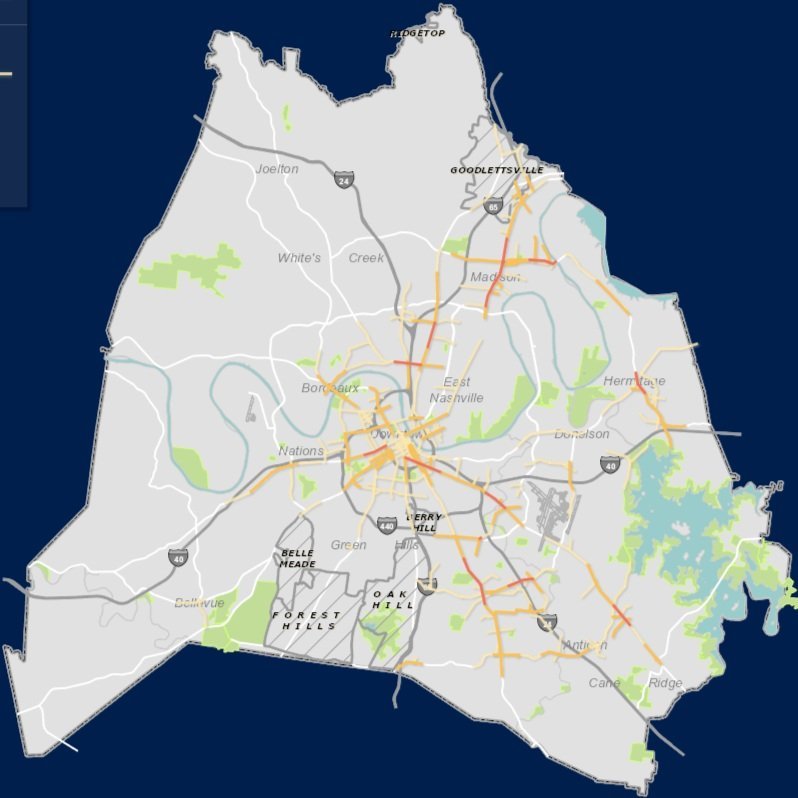
Bordeaux + Haynes Health Intervention
Most Recent Update
Aug.2025Focus Area
Health-
Promoting
Design
Partner
Addressing Neighborhood Health Issues
The Civic Design Center is working to improve health and safety in Nashville’s Bordeaux and Haynes neighborhoods through equitable urban planning. The project addresses disparities by enhancing public spaces and transportation infrastructure. Key interventions include revitalizing Lock One Park to provide accessible recreational space, redesigning Trinity Lane into a climate-resilient Green Street, and improving pedestrian and cyclist safety on the Clarksville Pike bridge. These efforts are grounded in community engagement and aim to address historic disinvestment, promote active living, and reduce health inequities in these predominantly Black, underserved neighborhoods. This work is made possible by the Tennessee Department of Health.
Project Plan
February - August 2025February:
Solitify Partners and Community Support
Youth Summit
Site visit
Health analysis and evaluation
March:
District 2 community meeting
Community outreach
Begin design efforts
Begin Green Streets Priorty Network
April:
Clarksville Pike Bridge engagement
PechaKucha Event: Bridges, Barges, and Boats
Green Streets Policy Draft recommendations
May:
Active Community Design and Public Space Plan Draft
Design a Healthy built environment intervention for Clarksville Pike Bridge
June:
Finalize Designs for Trinity Lane as a Green Streets Policy example
Seek design Feedback from the District 2 Community meeting (Jun. 26)
Nashville Youth Design Team Project Ideas
July-Aug:
Key Stakeholder Feedback Presentation
Youth Recommendations
Final Recommendations
Project Components:
What You Can Do to Help
Give us your feedback
Resources
Bordeaux/Whites Creek/Haynes Trinity Community Plan
The Bordeaux/Whites Creek Community Plan is part of the NashvilleNext long-range plan. Periodically, amendments that include supplemental policy guidance may be adopted by the Planning Commission. Supplemental policies and additional studies are found below under Related Plan Documents.
All of the Planning Department's fourteen Community Plans are guided by the Community Character Manual, a document which provides detailed policy guidance based on the look and feel of neighborhoods, centers, corridors and open spaces.
Green and Complete Streets Policy
Executive Order 045, signed by Nashville Mayor Freddie O’Connell in January 2024, updates and expands the city's Green and Complete Streets Policy to promote a safer, more equitable, and sustainable transportation network. Building on previous initiatives, the policy mandates that all transportation projects consider the needs of all users—including pedestrians, cyclists, transit riders, and drivers—with particular attention to vulnerable populations such as people with disabilities, low-income individuals, and communities historically underserved. It emphasizes integrating green infrastructure, like street trees and stormwater management, to enhance environmental resilience. The policy also introduces accountability measures, including performance tracking, equity-based project prioritization, and inclusive community engagement, aiming to transform Nashville’s streets into accessible, vibrant public spaces for all.
Metro Nashville Vision Zero
The Vision Zero movement is a worldwide strategy to eliminate all traffic-related deaths and severe injuries and at the same time, increase safety, equity, and mobility for all users. Metro Nashville and Davidson County became a Vision Zero city in 2022. Metro Council adopted the Vision Zero Action Plan and Implementation Plan in August of that year.
While Vision Zero is a challenging goal, it’s worth working towards because people deserve safe streets in Nashville.
Choose How You Move
On November 5, 2024, voters in Nashville overwhelmingly approved a half-penny (0.5%) sales tax surcharge, successfully establishing a dedicated and reliable funding source specifically for transportation and mobility projects outlined in the comprehensive transportation improvement program titled Choose How You Move: An All-Access Pass to Sidewalks, Signals, Service, and Safety. This forward-thinking initiative, Choose How You Move, completes the entire priority sidewalk network originally proposed in WalkNBike Nashville when combined with ongoing annual capital investments. Additionally, the program upgrades traffic signals at 592 key intersections throughout the city, ensures continuous 24/7/365 transit service, significantly enhances safety measures for all users, and delivers a wide range of improvements aimed at creating a more accessible, efficient, and safer transportation system for everyone in the community.
This project was made possible with grant support from:





















